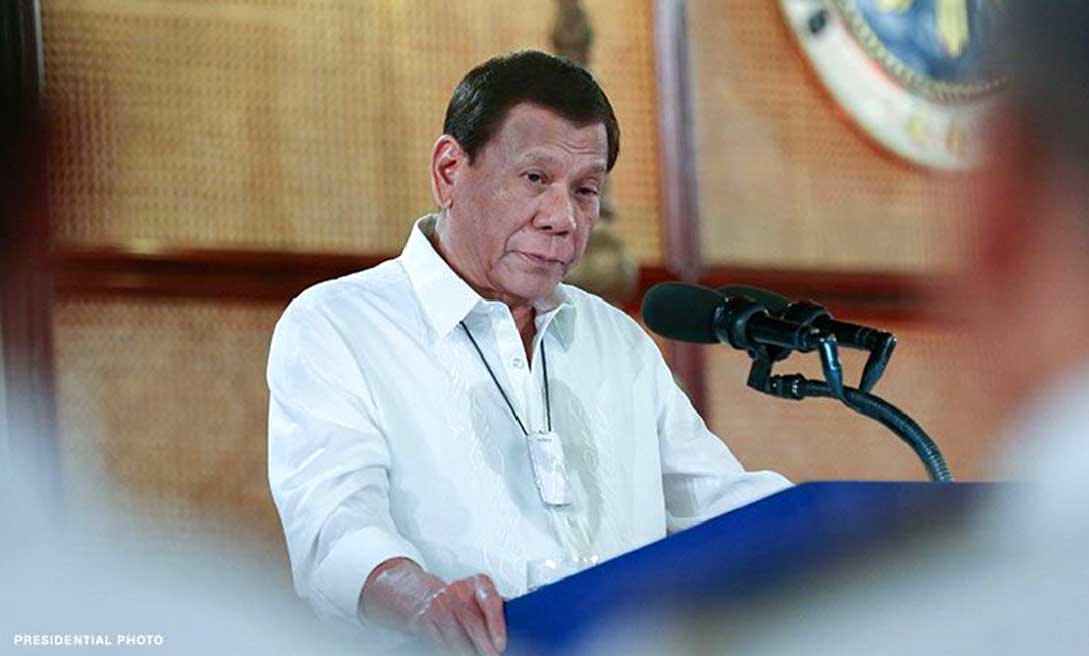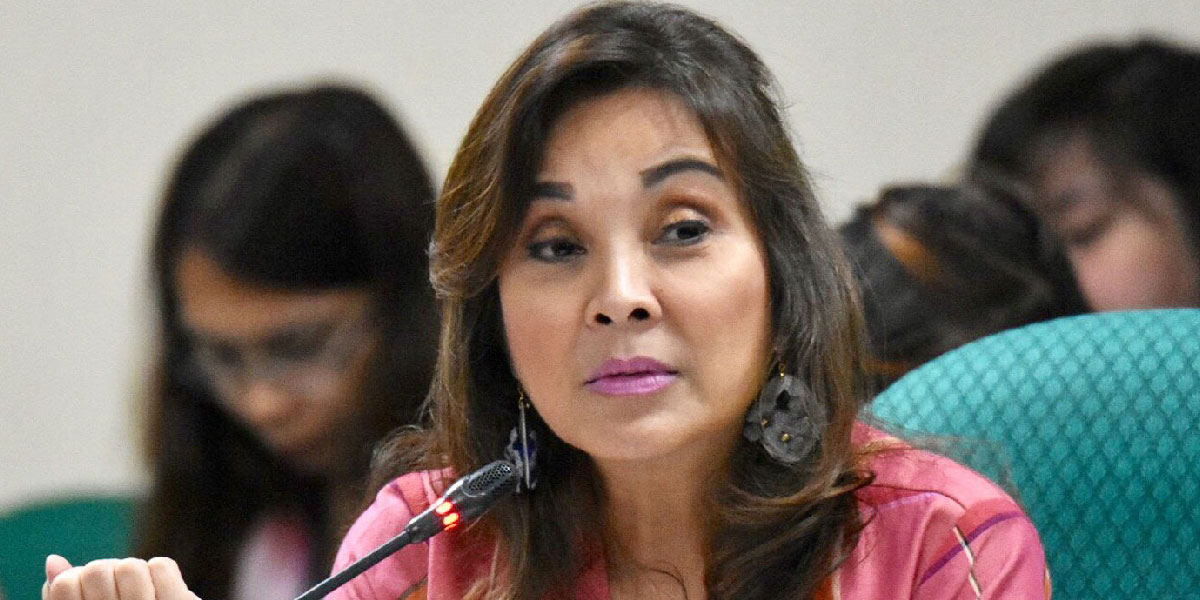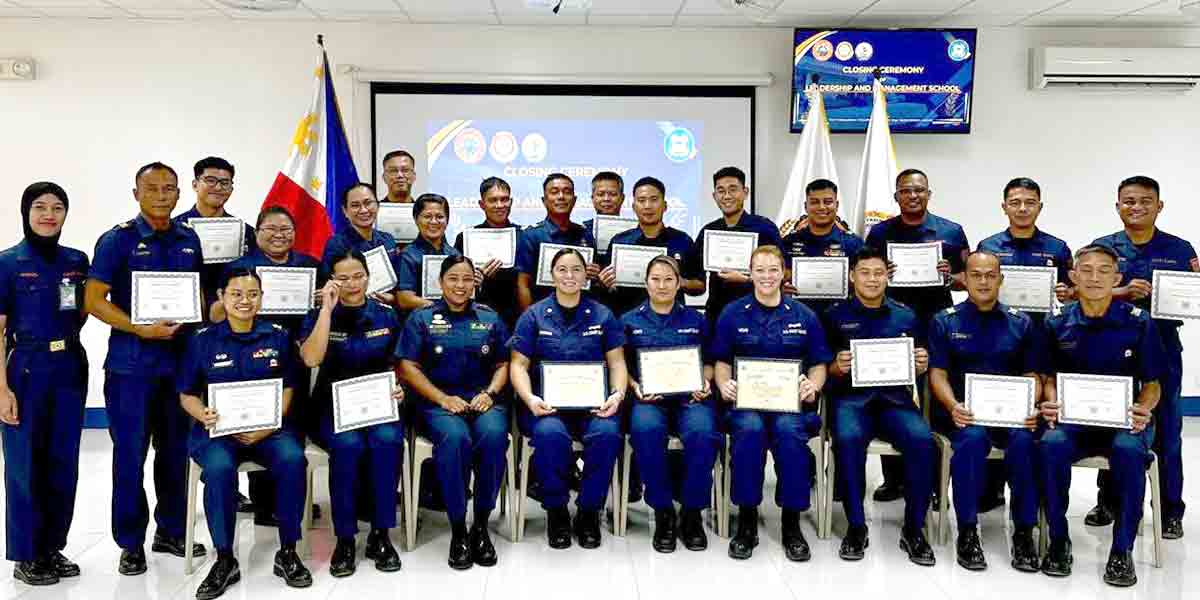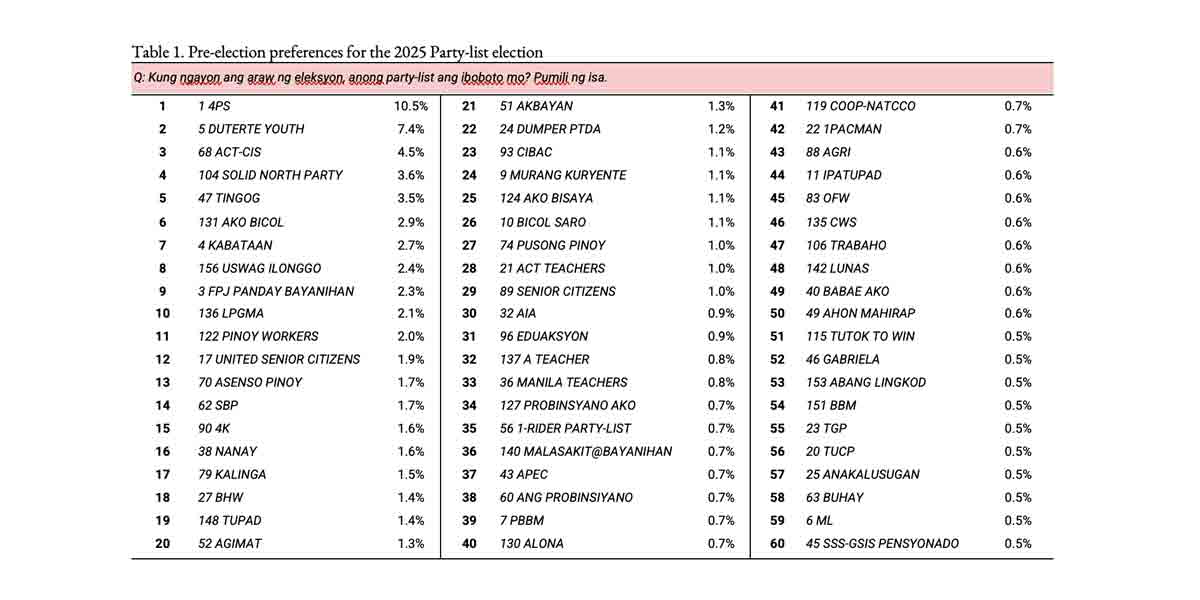
By Angelika N. Buergo and Aila Kate I. Moreno
As President Rodrigo Duterte’s final State of the Nation Address on Monday approaches, a former chair of the Commission on Elections noted lack of progress in the president’s 10-point socioeconomic agenda.
The Duterte administration’s 10-point agenda aims to sustain economic growth and ensure that its impact is equitable to all Filipinos.
It includes:
- Continue and maintain current macroeconomic policies, including fiscal, monetary, and trade policies.
- Institute progressive tax reform and more effective tax collection, indexing taxes to inflation. A tax reform package will be submitted to Congress by September 2016.
- Increase competitiveness and the ease of doing business. This effort will draw upon successful models used to attract business to local cities (e.g., Davao) and pursue the relaxation of the Constitutional restrictions on foreign ownership, except as regards land ownership, in order to attract foreign direct investment.
- Accelerate annual infrastructure spending to account for 5% of GDP, with Public-Private Partnerships playing a key role.
- Promote rural and value chain development toward increasing agricultural and rural enterprise productivity and rural tourism.
- Ensure security of land tenure to encourage investments, and address bottlenecks in land management and titling agencies.
- Invest in human capital development, including health and education systems, and match skills and training to meet the demand of businesses and the private sector.
- Promote science, technology, and the creative arts to enhance innovation and creative capacity towards self-sustaining, inclusive development.
- Improve social protection programs, including the government’s Conditional Cash Transfer program, to protect the poor against instability and economic shocks.
- Strengthen implementation of the Responsible Parenthood and Reproductive Health Law to enable especially poor couples to make informed choices on financial and family planning.
In an online forum hosted by the Philippine Press Institute on Wednesday, lawyer Christian Monsod said President Duterte’s performance can be summed in four areas.
“Well, you have to assess him on the basis of his own 10-point agenda and his promises during the elections, and I think they fall into four areas. One is to address the daily struggles of ordinary Filipinos… iyan po ‘yong drugs, corruption, criminality, the delivery of government services, and also the traffic problem. Second is peace in Mindanao and with the youth and the NDF… third, inclusive development and fourth, foreign affairs… one of the best sources of assessment is the Philippine Statistics Authority and the Philippine Development Plans [2017-2022] that reflect his program of government and his promise during the elections so that’s how you should look at it as a framework for assessing his performance. And I would say he gets a failing mark by underperformance on these promises,” Monsod said.
Duterte admitted to having struggles in eliminating the drug problem in the country, Monsod said.
Meanwhile, he also explained that Duterte fell short in combating corruption with people who he allegedly “fired” for alleged anomalies getting reassigned to other positions in government.
Monsod also emphasized the administration’s failure on other aspects of developments such as the peace in Mindanao, inclusive development, and international affairs.
“In inclusive development, based on Social Justice for the Poor and Marginalized study says, his rhetoric, and the SONA has been very inspiring, but he did not walk the talk. He grossly underperformed on agrarian reform, on fisheries, and on [the] protection of indigenous people,’” he said.
Monsod also said that the Duterte administration only has a 42% chance of meeting its targets by 2022. This is according to the data from the Philippine Statistics Authority, he noted.
The government failed in 13 out of 14 socioeconomic sectors in 2020, which are the environment, industry and services, justice, governance, culture and values, agriculture, forestry, and fisheries, human capital development, social protection, shelter, and housing, demographic dividend, science and technology, macro-economics, and infrastructure sectors, Monsod said.
“13 of the 14 sectors there’s a failing mark on whether its [targets] can be achieved by 2022 and that’s the government agency… clearly in the light of the foregoing, the Duterte administration will not succeed in meeting his own targets even before the pandemic more so with the pandemic,” he added.





















